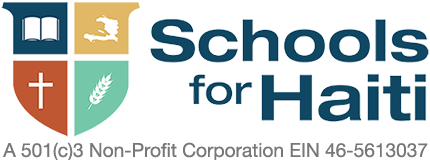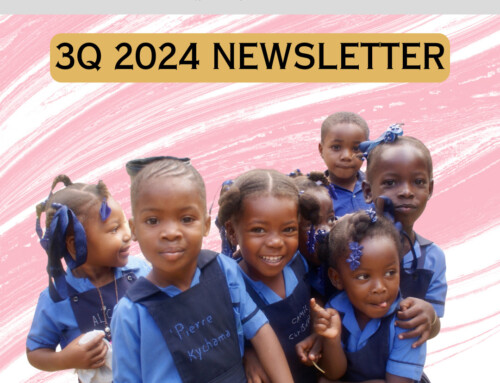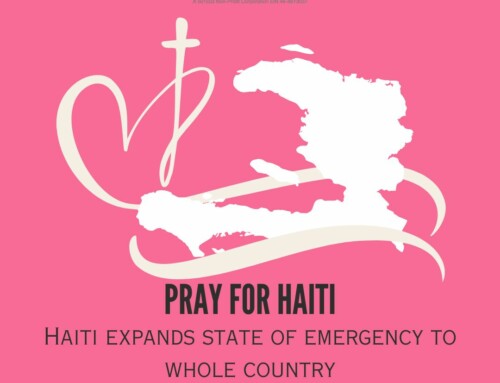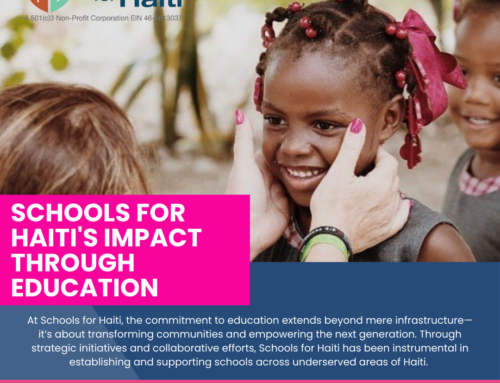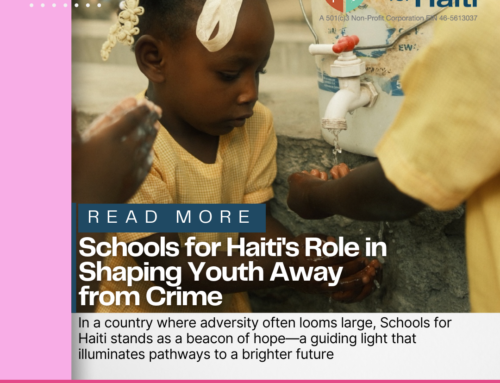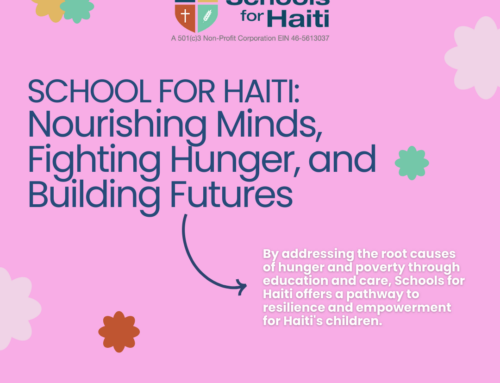Education stands as a cornerstone of empowerment and progress, yet in Haiti, the landscape of educational opportunities presents formidable challenges alongside pockets of hope and resilience. As the country strives to rebuild and revitalize its future, understanding the educational realities facing its children is crucial.
Primary education in Haiti faces significant hurdles, with an enrollment rate of 57%, meaning less than two-thirds of primary school-age children are enrolled in school. Alarmingly, fewer than 30% of these students progress beyond the 6th grade, highlighting systemic barriers to educational continuity and advancement.
Secondary education, crucial for preparing students for higher learning and future careers, enrolls a mere 20% of eligible-age children. This low enrollment rate underscores the limited access and opportunities available to Haitian youth as they transition from primary to secondary education.
The literacy rate in Haiti stands at 52.9%, reflecting ongoing challenges in providing accessible and effective literacy education across the country. Despite efforts to improve educational outcomes, Haiti ranks 177th out of 186 countries globally in terms of national spending on education, illustrating a stark reality of limited financial resources allocated to education by the government.
The Haitian government has articulated aspirations for a universal and free public education system, particularly for primary school-age children. However, the reality is starkly different, with no current government funding or imminent plans to support such a system comprehensively. As a result, the burden often falls on international private schools, predominantly operated and funded by American and Canadian missions and churches, to educate a significant majority—90%—of the student population.
Amidst these challenges, there are glimmers of hope. Non-governmental organizations (NGOs) and international initiatives collaborate with local communities to bolster educational infrastructure, provide teacher training, and enhance curriculum development. These efforts are essential in bridging gaps and expanding access to quality education, particularly in underserved and rural areas.
Education in Haiti is not just about imparting knowledge; it is about empowering individuals, fostering critical thinking, and cultivating skills necessary for personal and national development. By investing in education, we invest in the future leaders, innovators, and changemakers of Haiti—individuals who will shape a brighter tomorrow for their communities and country.
As Haiti navigates its educational journey, global solidarity and support play a pivotal role in unlocking the potential of its youth. Together, we can advocate for equitable access to education, empower educators, and equip students with the tools they need to thrive in a rapidly changing world. By standing together, we can help Haiti realize its vision of a robust educational system that empowers all children to reach their full potential.
